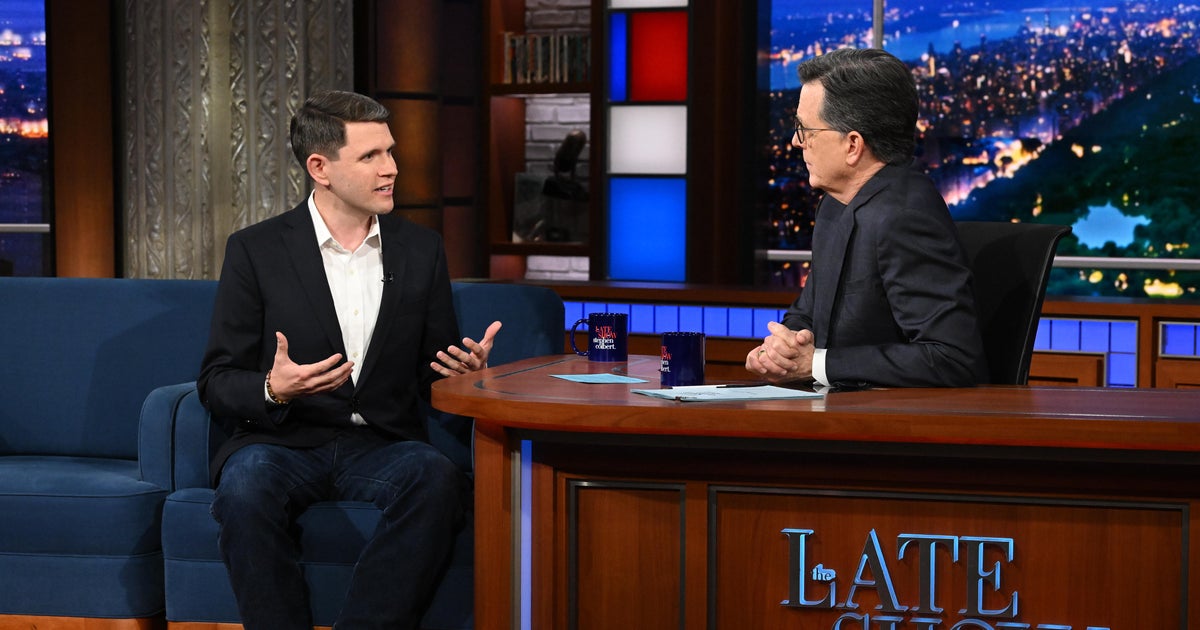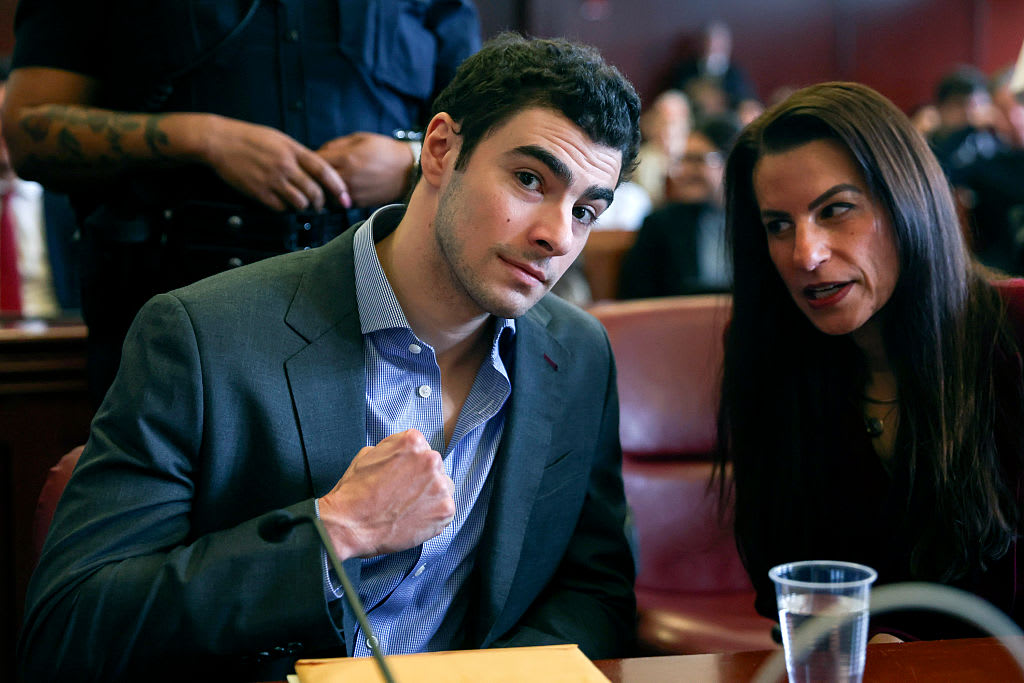Fired McDonald's CEO could see $70 million payout after co-worker affair
Former McDonald's CEO Steve Easterbrook, who was fired over the weekend for having a "consensual relationship" with another employee, could pocket $70 million worth of stock and options in compensation as part of his forced exit. The number could rise as high as $85 million if the restaurant chain meets certain financial targets over the next three years.
That princely sum is on top of the nearly $16 million in McDonald's shares that Easterbrook has already been paid during his nearly five years at the company, and another $20 million in salary and cash bonuses he has received in the past three years alone.
"It's a slap on the wrist," said veteran pay consultant Brian Foley, who has advised top executives and Fortune 500 companies on compensation issues. "It's basically what he would have earned if the company just decided to 'go in a different direction.' No way this is what you would do if the board wanted to send the message that this type of behavior at McDonald's is not acceptable."
Easterbrook's eight-figure payout — much of it in restricted stock and options that could rise or fall in value during the next three years along with the company's stock price — comes despite McDonald's acknowledging in a press release Sunday that the executive "violated company policy and demonstrated poor judgment involving a recent consensual relationship with an employee."
Based on that, McDonald's could have forced Easterbrook to forfeit much or all of his payout on his way out the door. But it didn't.
Fired "without cause"
McDonald's severance policy for executives states that an employee's termination will be defined as for "cause" when there is a "material violation of McDonald's standards of business conduct or other employment policies." The company's most recent standards of business conduct disclosed on its website make clear that romantic relationships between a manager and a direct or indirect report amounts to a conflict of interest and is prohibited.
Instead, McDonald's board of directors decided to officially label Easterbrook's termination as "without cause," allowing him to keep much of his options and restricted stock units. Here's how the millions could add up, based on the company's stock price on Monday of around $188 a share:
- Easterbrook's vested, but unexercised, options are currently worth nearly $32 million, according to calculations from compensation consultant Foley. If Easterbrook had been fired for cause, he could have had to forfeit those, according to the proxy statement, which says that "unvested options are generally forfeited on termination of employment, with vested options remaining outstanding and exercisable for 90 days, except on termination for 'cause.' "
- Easterbrook also gets to continue to vest additional unvested options as if he were working for the company for the next three years, according to his termination agreement released Monday. That's worth another $23 million at Monday's stock price, Foley said.
- Easterbrook also will be able to collect some of his unvested restricted stock awards, according to Foley's review of the termination statement. Easterbrook will get another $15 million in restricted stock that he can convert into unrestricted stock and sell if the company hits certain performance metrics over the next three years. If the company exceeds those targets, he could get as much as $30 million, bringing the total payout to around $85 million.
On top of all that, Easterbrook is also getting a cash severance of six months pay, or nearly $700,000. Had the board decided to fire the 52-year executive for "cause," he would not have been eligible for a severance payment or any of the options or restricted stock that he will collect, according to the proxy statement.
CBS MoneyWatch provided McDonald's with the math behind Foley's estimate of Easterbrook's exit pay. The company, through a spokesperson, declined to comment for this story. Easterbrook could not be reached for comment.
A person close to McDonald's said the board discussed in its recent deliberations over the CEO's exit whether Easterbrook should be forced to forfeit any or all of his options, and decided against it.
Stock doubled on his watch
Easterbrook took over as CEO at McDonald's in 2015. He is widely credited with turning the company around, emphasizing technological innovation and striking deals with delivery companies like GrubHub. He pushed through acquisitions of artificial intelligence companies that some analysts have praised because they could reduce customer wait times and lower labor costs. Notably, during his tenure as CEO McDonald's stock more than doubled.
But Easterbrook's exit comes as McDonald's faces claims of sexual harassment in its restaurant workplaces, including alleged abuses that happened on his watch. According to labor advocates, during the past three years at least 50 women have directly sued the company or filed complaints with the Equal Employment Opportunity Commission, saying they were abused by store managers or employees. The incidents allegedly occurred in both McDonald's corporate-owned and franchised restaurants.
"The idea that the CEO of McDonald's is leaving under these circumstances with a huge paycheck is horrifying," said Sharyn Tejani, the director of the Time's Up legal defense fund, which is helping McDonald's employees who are pursuing harassment claims against the company find attorneys. Tejani stressed she has no direct knowledge of Easterbrook's separation agreement.
Tejani said the pattern at McDonald's and other employers is that, when people step forward to report abuse, they typically get fewer shifts or even lose their job. That can be devastating for low-wage workers, who often can't afford a lawyer.
"It shows how much work McDonald's needs to do," she said of Easterbook's rich exit. "They need to meet with these women, ask them what needs to be changed and make sure those changes are being enforced."
McDonalds declined to comment on the lawsuits. In May, Easterbrook wrote a letter to employees saying he was dedicated to making McDonald's an "harassment free workplace."
Despite the rise of the #MeToo movement, CEOs at other companies have left with pay packages largely intact even after affairs were exposed. Last year, former Intel CEO Brian Krzanich was forced to resign after revelations that he had a past consensual relationship with a fellow employee. He left with stock and cash worth $45 million.



